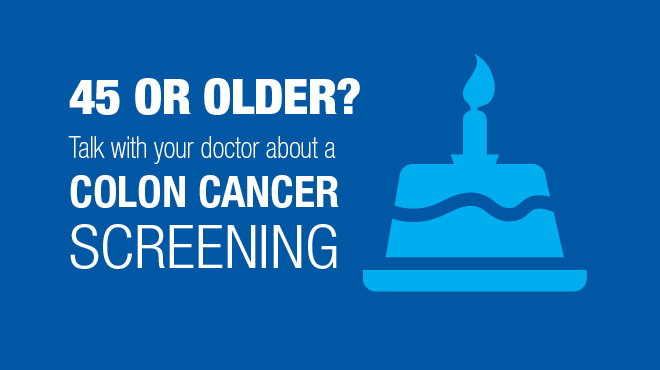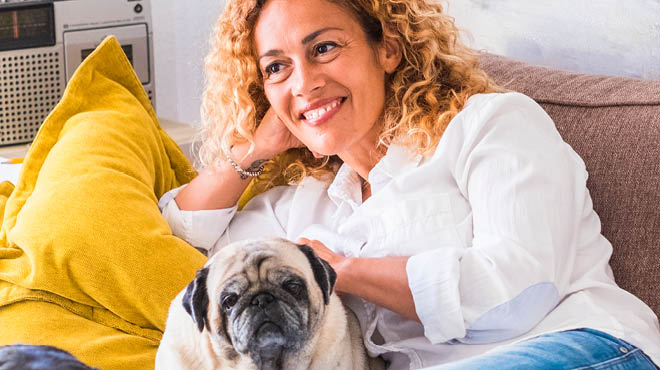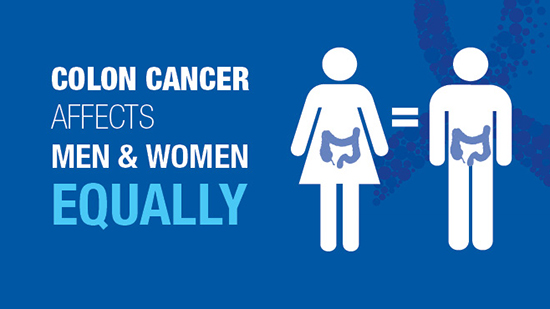Recent Posts
-

-
 Speaking of HealthWhat’s the difference between inflammatory bowel disease and irritable bowel syndrome?July 06, 2022
Speaking of HealthWhat’s the difference between inflammatory bowel disease and irritable bowel syndrome?July 06, 2022
Understanding your colon cancer screening options

Health care providers recommend certain screening tests for healthy people to look for signs of colon cancer or precancerous colon polyps. Finding colon cancer at its earliest stage provides the greatest chance for a cure. Screening has been shown to reduce your risk of dying of colon cancer. For people with average risk, screening begins around age 45. However, people with an increased risk should be screened sooner.
You have options for which colon cancer screening test is best for your individual needs. Each has benefits and drawbacks. It's important that you talk with your health care provider about which is best for you.
Let's review each option.
Colonoscopy
During a colonoscopy, a long, flexible tube called a colonoscope is interested into your rectum. A tiny video camera at the tip of the tube allows the doctor to view the inside of the entire colon and rectum. During a colonoscopy, the doctor also can collect tissue samples and remove polyps through the scope. Colonoscopy is considered the gold standard for colon cancer screening, and there are few risks associated with the procedure. When sedation is used, patients have little or no recollection of the exam.
Watch a video on how a colonoscopy is performed:
Colonoscopies have a poor reputation for having an uncomfortable preparation phase. However, several options can make this process tolerable. Be sure to talk with your provider about which options are best for you and your situation. Learn more about what to expect before, during and after a colonoscopy.
Cologuard DNA stool test
One newer method of detection is a stool DNA test called Cologuard. This test offers people 50 and older who are at average risk for colorectal cancer an easy-to-use screening test that they can complete in the privacy of their own home. A sample of your stool will be taken to look for blood or DNA changes in cells that suggest the presence of colorectal cancer or precancerous conditions.
This test is safe and poses no risk. However, it is less sensitive than colonoscopy at finding precancerous polyps. One or 2 of every 20 people who undergo stool DNA testing will have a positive result, but no cancer or polyps will be found during a follow-up colonoscopy. Read FAQ about the stool DNA test.
Watch a video about DNA stool testing:
Learn the basics of colorectal cancer and 5 things you can do to keep your colon healthy.
Daisy Batista, M.D., is gastroenterologist in La Crosse, Wisconsin.




